Let’s Talk: An Honest Discussion on Therapy
Mental health counseling or therapy used to be a relatively taboo topic. People wouldn’t share that they attended therapy or seek out help in fear of judgment or ridicule. However, in recent years, we have seen an increase in conversations about therapy and the benefits of speaking with a licensed mental health professional.
With the increased attention and conversations on therapy, there’s bound to be inaccurate information being shared.
When you think of visiting a therapist - what do you envision? The traditional picture that may come to mind is going to an office, laying on a couch and crying, while the therapist passes you a tissue and asks “and how does that make you feel?”
While this may be how some therapy sessions operate, therapy happens in a number of different ways. From art therapy to music therapy, talk therapy to play therapy - there is something for everyone to use as they are looking for their own most comfortable way to work through the things affecting their mental health.
Since the COVID-19 pandemic, both text and virtual therapy have become increasingly popular as it provides greater flexibility. Virtual or telehealth sessions can be a solution for those struggling to find options near them or those whose schedules don’t allow time to travel to a traditional office.
One of the most important things to note is that you don’t have to wait until you are at a crisis stage to find someone to talk to. In fact, therapy is one of the best ways to proactively take care of your mental health because it allows you to build a trusted relationship with a mental health professional, thus building your support network.
Therapists help us to both process past traumas and navigate current life events and transitions. They also teach new coping strategies and processing skills that we can add to our mental health toolkit.
While the benefits of therapy are immeasurable, the barriers to care remain a struggle and are oftentimes layered for different groups of people.
Cost barriers are a common reason why people do not seek out therapy. Whether you have insurance or not, therapy sessions can come with a hefty bill. For those with insurance, finding a therapist covered by that insurance can be its own challenge. The process only becomes exponentially more difficult for those without insurance.
When talking to a potential therapist, it’s important to have an open and transparent conversation about cost. Many have sliding scales that allow you to pay a reduced fee based on income. Additionally, there are national and local funds that will specifically help certain communities of people with the cost of therapy.
An equally troublesome task can be finding a therapist that fits you. All therapists have different personalities, specialties, and styles so it could take a few tries to find one that works best with you and your needs. To make sure you're getting what you need out of your sessions, don’t be afraid to ask questions.
For a member of the LGBTQIA+ community, it may be difficult to find a therapist that is queer affirming. To help determine whether a therapist is a good fit for you, pull from our LGBTQIA+ competency and care questions to ask.
These same questions can be edited or amended to fit any identity or socio-economic background. Because for a POC, it may be difficult to find a therapist that is culturally and racially sensitive.
Having that initial honest conversation can weed out options that aren’t for you or set a solid foundation with someone who is.
To find detailed listings for mental health professionals in the U.S., visit Psychology Today. To find a variety of resources and social services, visit our Resource Compass.
Since April is National Counseling Awareness Month, we have gathered a few mental health counselors together to have an honest panel discussion on therapy. This panel, entitled “Mental Health, Media, & Me: A Conversation on Therapy in a Digital Age” will take place on Thursday, April 20th at 6pm CST. You can register via peervention.org or watch the stream live on our YouTube channel.

